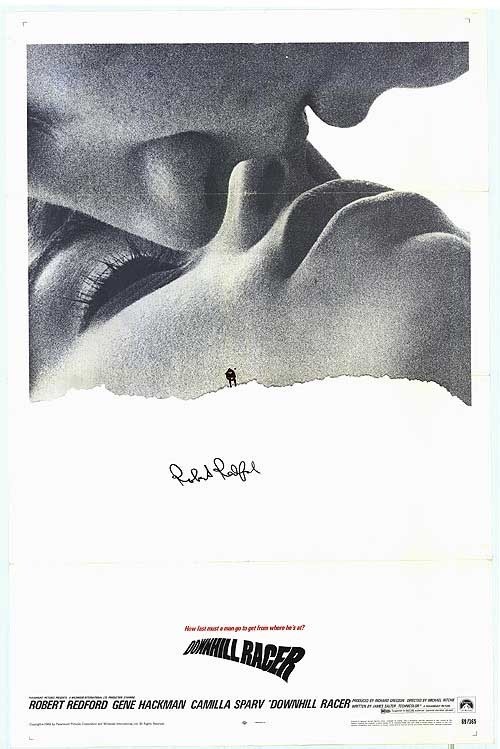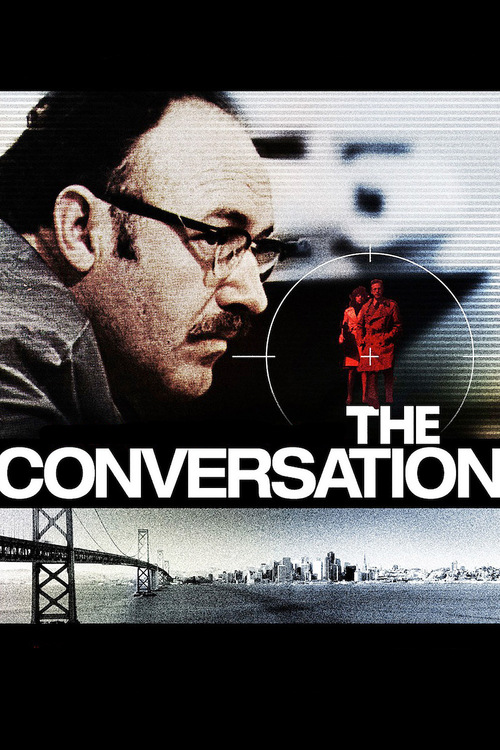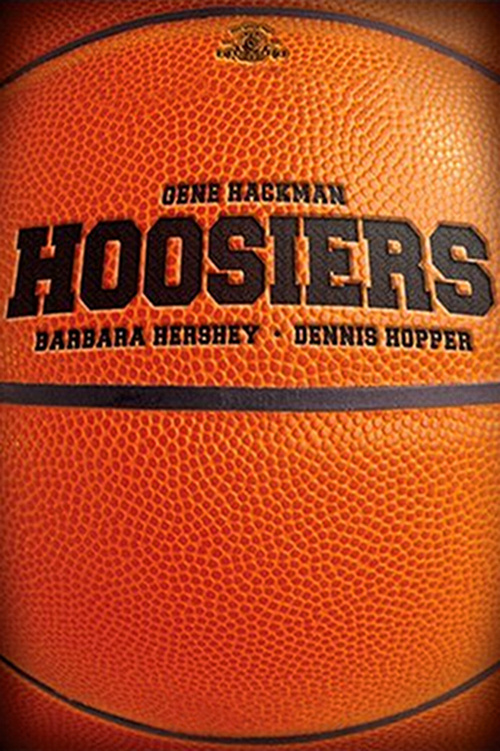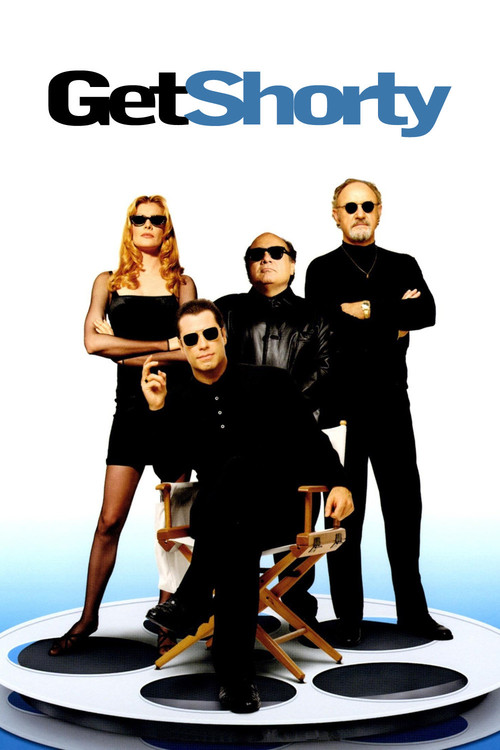The story of Gene Hackman, one of the finest screen actors of his generation, is one of raw will and talent overcoming a host of limitations that would have defeated most people.
Born in 1930, Gene was the child of a broken home who lied to get into the Marines at 16. Later, he would study at the University of Illinois on the G.I. Bill, while maintaining a series of menial jobs, from doorman to furniture mover. At thirty, he still had no idea what his true calling was.
Then one day he flashed back to seeing Brando nearly a decade before in “A Streetcar Named Desire.” Compared to the traditional glamorous Hollywood star, there was something powerfully authentic about the way Brando looked and performed. Hackman remembered thinking that maybe he could do that. Newly inspired, he promptly enrolled in The Pasadena Playhouse.
If Hackman was seeking some validation of his abilities there, he did not find it. Receiving rock-bottom ratings for his efforts, he decided to move to the theatrical mecca of New York, where soon enough he’d be sharing an apartment with fellow Playhouse alum Dustin Hoffman. These were the lean times.
After doing off-Broadway work and summer stock, in 1964 Gene was chosen for a Broadway part where he received good notices. This led to a small role in the Warren Beatty film, “Lilith.” Beatty, several years Gene’s junior but already a big star, was sufficiently impressed by his abilities to later cast him as his brother Buck in the breakout hit “Bonnie and Clyde” (1967).
Suddenly, Gene was in demand. Against all odds, he’d become a bankable featured player, which was really all he’d wanted. Stardom did not seem desirable, much less attainable. But his output was simply too good to ignore: after receiving a Best Supporting Actor Oscar nod for “Bonnie,” he got another three years later for the underrated drama, “I Never Sang For My Father” (1970).
Then a young director named William Friedkin knocked on his door, seeking a lead actor for a cop film based on a true story, to be called “The French Connection” (1970). Gene was not first choice; a host of other actors, including Robert Mitchum, Lee Marvin, Steve McQueen, and Peter Boyle, had turned it down. Incredibly, journalist Jimmy Breslin had been tapped for the part, but Friedkin was reconsidering that choice after several weeks of rehearsals.
Gene, of course, devoured the role, netting that year’s Academy Award for Best Actor. Like it or not, he was now a star, and a star he would remain. Over the next thirty-plus years, Gene became one of the most admired and prolific screen actors in the business. He was Oscar nominated again for “Mississippi Burning” (1988), and won the Supporting Actor statuette for Clint Eastwood’s “Unforgiven” (1992).
In 2004, Gene Hackman retired from the screen at the age of 74. It was a characterstically quiet and graceful exit. Of course we miss him, but his best work sustains us.
Here’s to you, Popeye.



